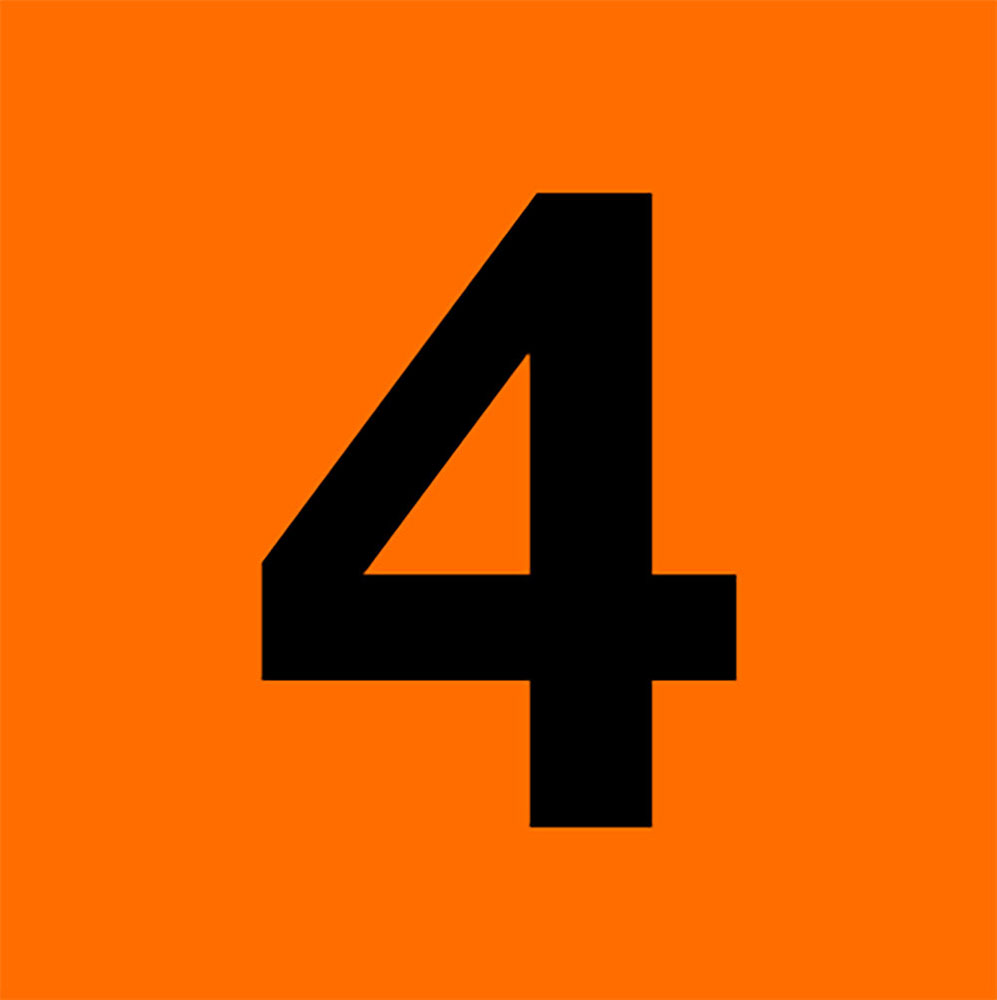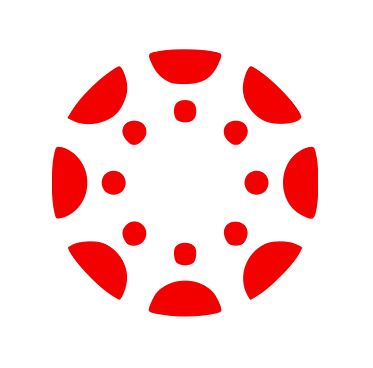
Lifelong Learning Continuing Animal Adventures
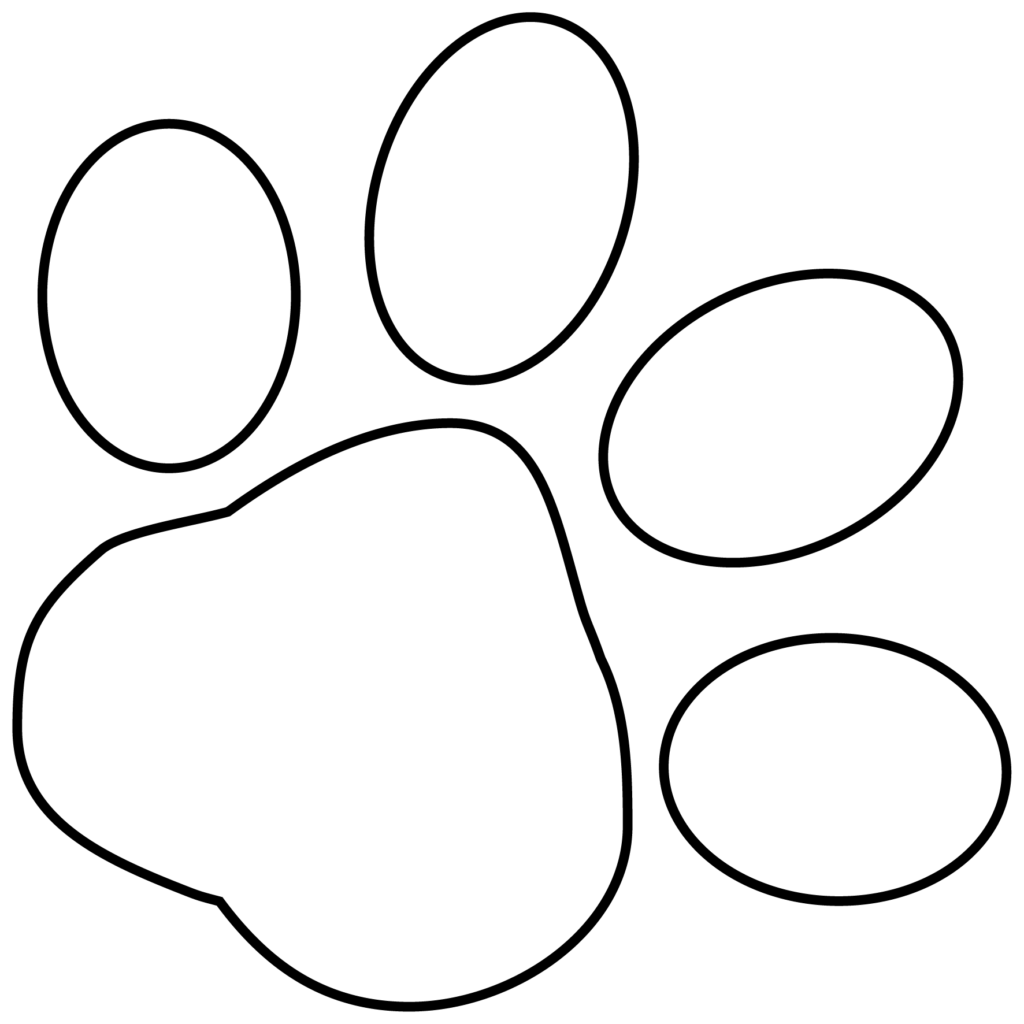

Lifelong Learning Objectives
-
Describe what it means to be scientifically literate, providing examples of how to enhance science literacy.
-
Outline the basic steps to build on your existing science knowledge.
-
List key characteristics of a garden designed to support local animal species.

Literacy has traditionally meant to be able to read and write. The term science literacy means something different: understanding science.
Science literacy is broken into three components that will seem very familiar to you at this point: the concepts, skills, and connections outcomes you are filling in for your final portfolio.
Science Concepts
Characteristics and themes of science knowledge
Science Skills
Techniques for discovering the natural world
Science Connections
Links between science and society, including real-world applications
Whether it is physics, chemistry, or other science, you will have concepts, skills, and connections.
Courses focus on more specific levels of knowledge. For example, this is a biology course, but it is impossible to introduce all of life in 10 modules, so there was further focus on animals. Each level of focus still includes concepts, skills, and connections; so that gave this course three levels of focus and nine total outcomes.

Some aspects of science literacy are used repeatedly, including knowledge about local species, skills involved in treating a cold, or recognizing science icons like the DNA molecule in popular culture.
One of the primary ways you will test your science literacy is in situations when there is limited available information.
We have just adopted three crabs that are new to the pet trade, and online resources have conflicting information about their care. These videos demonstrate how you may need to acquire your own knowledge by testing variables.
In constructing the final portfolio for this course, you are demonstrating aspects of your science literacy. The portfolio could also be a start of further science adventures.
Lifelong Learning
We repeatedly encounter some science-related topics throughout our lives. Every few years we may battle the flu, every year we may plant a garden, every week we may try to predict the weather. Learning about these topics can enhance everyday experiences.
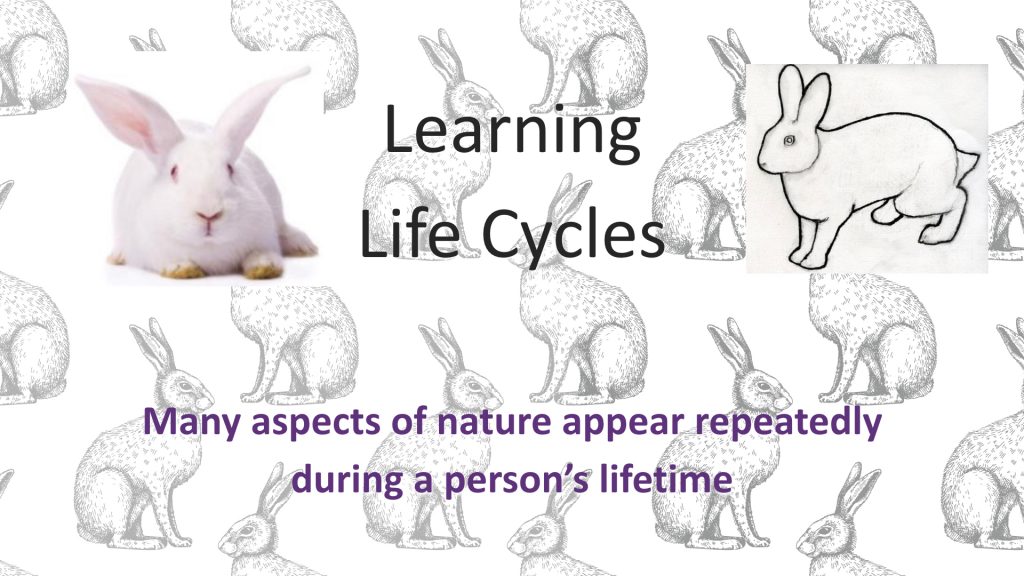
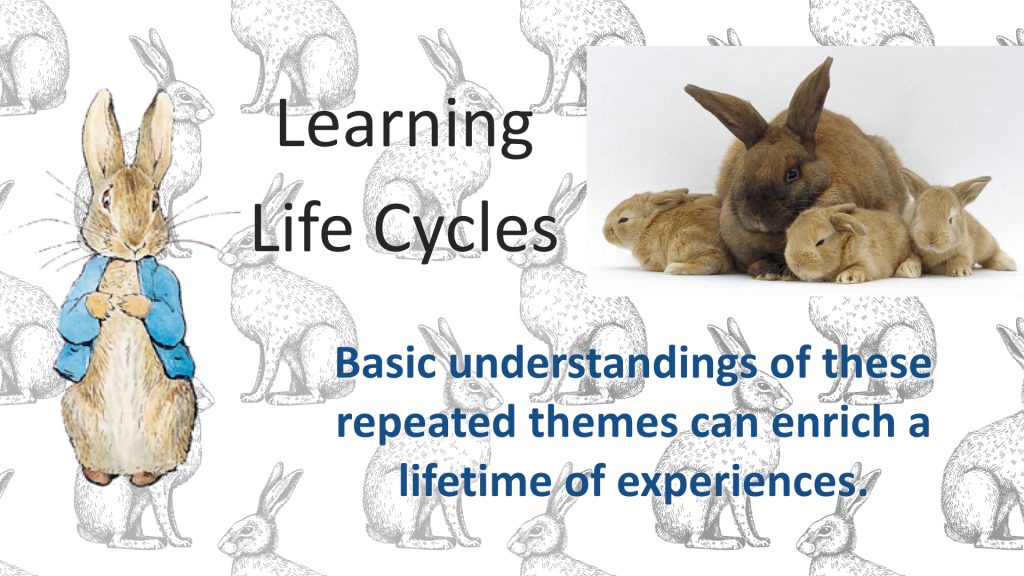
This video introduces the concept that some aspects of learning comes in cycles through a lifetime
Consider aspects of science and nature that you have already repeatedly encountered.
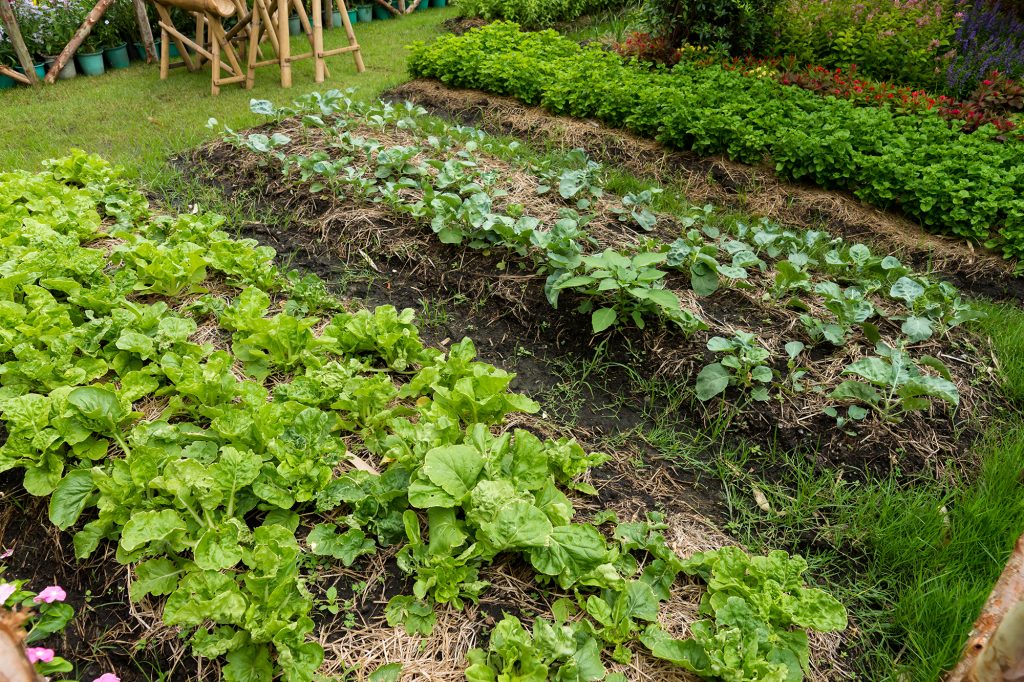
Think of your own experiences. Which science topics have you already encountered repeatedly? Do you remember what you have learned from one encounter to the next or do you repeatedly look up information?
Predicting and understanding repeatedly encountered topics can be a powerful start to lifelong learning.
You can continue your learning beyond this course with five steps:
Step 1
Continue to access and build on what you know about science.
Step 2
Organize your science knowledge, either by adding to your portfolio, or by creating new ways or organizing your media.
Step 3
Actively fill in gaps in your science knowledge, challenging possible misconceptions.
Step 4
Collect evidence for what you know and when possible, share it with others.
Step 5
Continue planning science learning adventures.
Wildlife Gardens
Gardening is a great opportunity to continue learning about animals and nature in general. Many people maintain flower and/or vegetable gardens at some point in their life. Another option is planting a garden specifically designed to attract wildlife, especially animals.
Gardening encompasses many of the concepts, skills, and connections that have been part of this course.
This video lists the various components to add to a wildlife garden.
Probably the single most important component in a wildlife garden is a consistent water source.
These wasps are drinking from one of our bird fountains on a day exceeding 100 degrees Fahrenheit (scorched grass in the background).
This video outlines how flower gardens can be designed to attract specific animals.
In functioning garden soil, the animal community will include detritivores. This video provides an update on our dermestid beetle colony.
Start Your 10B Media Assignment here
Science Bucket List
A “bucket list” is slang for experiences or achievements you want to have or complete during your lifetime. This media piece is assembling your own “science bucket list.”
List five science-related experiences or achievements you would like to have in your lifetime. Provide a brief description of each. It could be the life sciences or physical sciences, and your resources are unlimited. Dream big. Include at least two experiences or achievements that relate to animals other than humans.
This list could go in your final portfolio under different sections, including Science Skills or Biology Connections.
Upload brief descriptions of the five items on your science wish list, including at least two animal-related items, to Canvas.

The next section finishes our course content on a high note: the animal species that benefit humans.

Check your knowledge. Can you:
-
describe what it means to be scientifically literate, providing examples of how to enhance science literacy?
-
outline the basic steps to build on your existing science knowledge?
-
list key characteristics of a garden designed to support local animal species?

